UK floods: Who's who in political row?
- Published
The row over flooding continues to escalate, with politicians criticising one another and accusing the Environment Agency of not acting quickly enough to deal with the situation. Here is a guide to the main figures involved.
Lord Smith
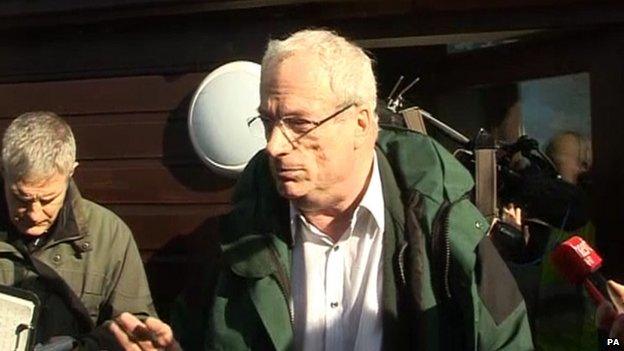
The former Labour cabinet minister has been chairman of the Environment Agency for six years. Until the last few days, he had had a relatively quiet time of it, but as the row about flooding has grown, Lord Smith has come in for some scorching criticism.
Thirty years ago the urbane intellectual, then Chris Smith, became the UK's first openly gay MP. Appointed culture secretary when Tony Blair took power in 1997, he was unceremoniously sacked four years later.
But since retiring as an MP in 2005 he has taken on a number of posts on public bodies, including, for the past seven years, chairman of the Advertising Standards Authority.
Asked about the Environment Agency's performance in dealing with the floods on Sunday, Communities Secretary Eric Pickles replied that he would "not wear a save Chris Smith T-shirt". Not many other senior politicians are queuing up to do so either, but Lord Smith has countered criticism by saying the agency is bound by Treasury rules on dealing with flooding.
He is due to stand down later this year, when his term of office comes to an end. You can read a full profile of Lord Smith here.

Owen Paterson
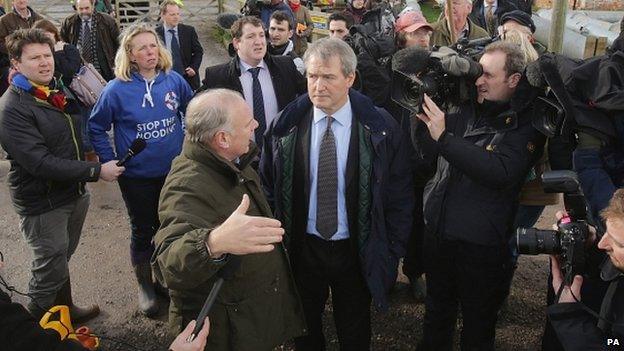
The environment secretary is seen as one of the more right-wing members of the cabinet. Until now the greatest controversy involving him has been over the decision to cull badgers in south-west England.
But criticism over the flooding in that region has taken Mr Paterson, whose family made its fortune in the leather industry, firmly on to the front pages.
With his clipped, rather military speech, he attempted to bring a sense of calm when he visited the Somerset Levels, but was greeted by farmers angry at a prolonged failure to dredge the area.
Mr Paterson, a former Northern Ireland secretary, was forced to have emergency surgery last week to save a detached retina. This meant he was unable to answer questions on the flooding in the House of Commons.

Eric Pickles
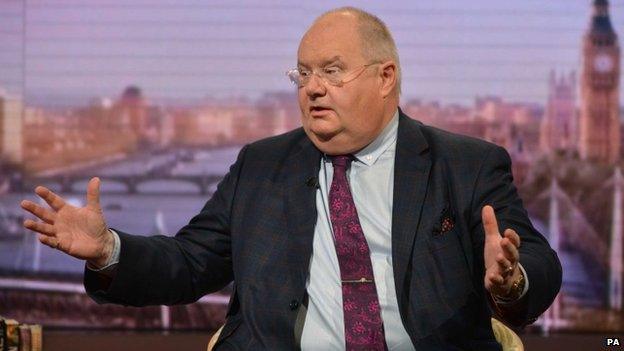
The communities secretary is among the more combative members of David Cameron's cabinet, frequently dishing out bruisings to Labour rivals and even some Liberal Democrat colleagues.
But he has effectively been accused of turning the guns on his own side when suggesting the government had listened too much to the Environment Agency and failed to dredge the Somerset Levels.
This reportedly led to Owen Paterson - still waylaid by his eye condition - complaining to the prime minister about his colleague's conduct.
This will probably not worry Mr Pickles, who honed his skills as Conservative leader of Bradford Council, where he cut budgets in the face of strong opposition.

Ed Davey
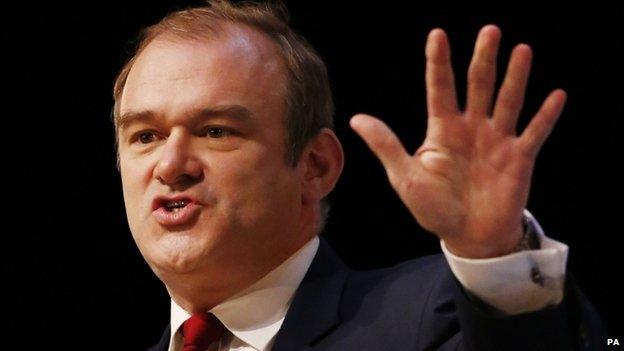
Amid the reported cabinet in-fighting, the Liberal Democrat energy and climate change secretary has appealed for calm.
It is an unusual situation, to say the least, for a Lib Dem to intercede in what might be termed private Conservative grief. But the flooding has become such a big political issue over the last couple of weeks that Mr Davey will want to be seen as rising above the melee.
Mr Davey worked as a researcher for the Lib Dems after leaving university and went on to a career as a management consultant before entering Parliament in 1997.

Ian Liddell-Grainger
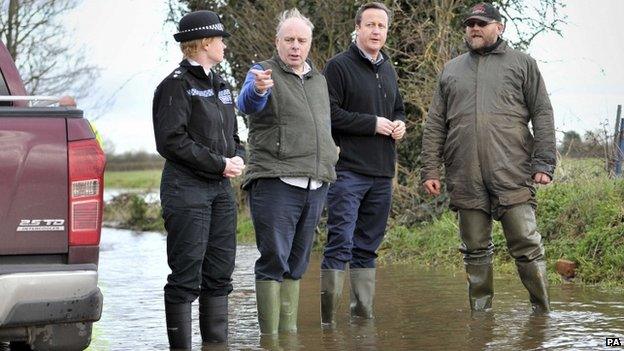
Others may have implied criticism of Lord Smith, but Conservative MP Ian Liddell-Grainger (pictured centre-left above with David Cameron), who represents Bridgwater and West Somerset, has taken a more direct approach, calling him a "little git" and urging his resignation.
He accused the Environment Agency boss of failing to contact him and the MPs for other parts of the affected area.
A farmer himself, Mr Liddell-Grainger served in the Territorial Army, where he became a major. He remains in the reserves.